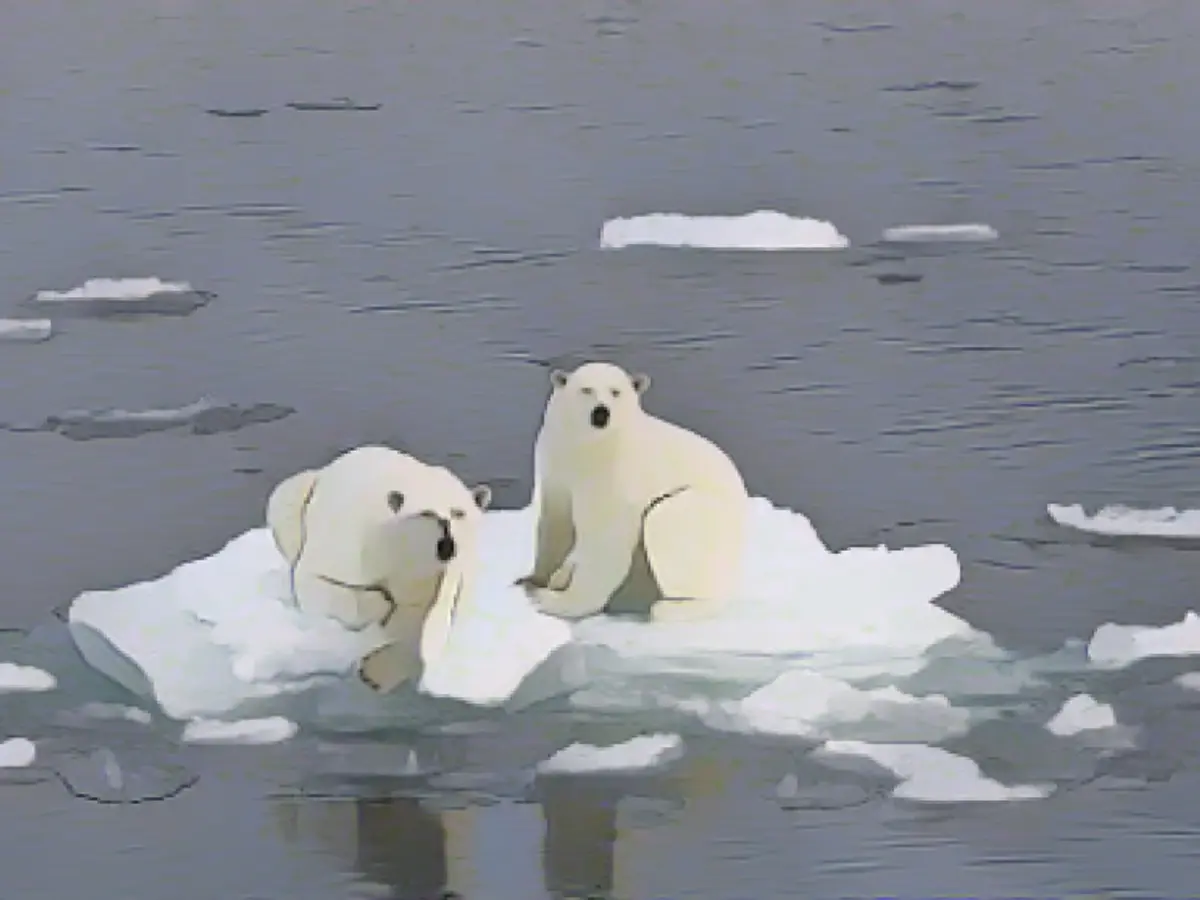Arctic Heatwave: Record-Breaking Warmth Shakes Up the Coldest Region on Earth
The Arctic's icy grip is weakening faster than a summer blockbuster. A new report reveals that 2023 marked the warmest Arctic summer since records began, breaking records that have stood for decades. This unheard-of warmth has never been reported in this region before.
Melting Greenland's Ice Cap and Thinning Sea Ice
The peak of Greenland's infamous ice sheet melted for the fifth time in the past 34 years. Meanwhile, the sea ice kept shrinking, contributing to the Arctic's sixth warmest year since thermometers started recording.
Warning Signs Galore
NOAA's 2024 Arctic Report Card underlines the severity of human-driven global warming in the Arctic region. Warming is happening at a pace unheard of in any part of the world.
"It's time to act," stressed NOAA Administrator Rick Spinrad. "As a nation and global community, we must drastically decrease greenhouse gas emissions, "he emphasized.
The annual Arctic Report Card is a collaborative effort of 82 authors from 13 countries. The report includes essential insights on the eight key measurements of physical and biological changes, as well as sections covering four emerging issues and a special report on the unprecedented wildfires of 2023.
The Arctic in Crisis
In 2024, the Arctic transformed from a carbon sink to a net emitter of CO₂. This change was fueled by increased microbial activity, thawing permafrost, and frequent wildfires. In fact, wildfires north of the Arctic Circle released a staggering 42.3 million metric tons of CO₂, making it the second-highest emissions year for the high Arctic on record.
Caribou populations have taken a significant hit, with migratory tundra caribou declining by 65% over the past three decades. The largest inland herds continue to dwindle, while some coastal herds show signs of recovery.
Warming Arctic waters have altered wildlife diets, with ringed seals now feeding predominantly on saffron cod instead of their traditional Arctic cod. This shift could have long-term consequences for their population dynamics.
Permafrost thaw is releasing stored carbon and altering ecosystems, accelerating due to rising temperatures. This makes the region's infrastructure and ecosystems vulnerable. The impacts on Arctic Indigenous communities are especially concerning, affecting their livelihoods, health, food security, and traditional practices.
Additionally, the region is experiencing extreme "browning events," climatic, biotic, and physical disturbances that lead to substantial loss of vegetation and ecosystem productivity, with more frequent events anticipated due to climate change.
Time to Take Action
The 2024 Arctic Report Card highlights the desperate need for strong climate action and Indigenous leadership to address the consequences of human-induced warming.
Source:








